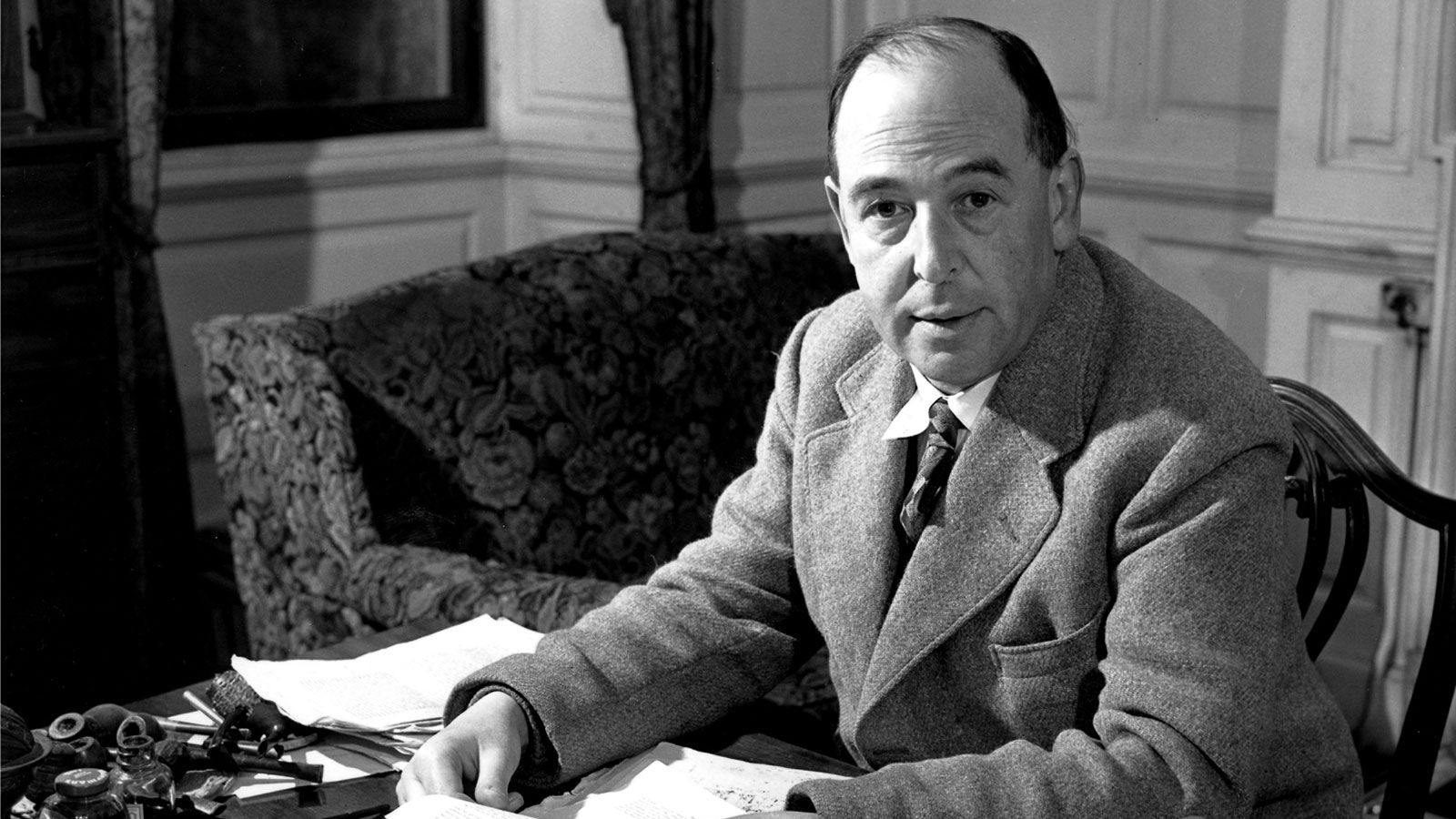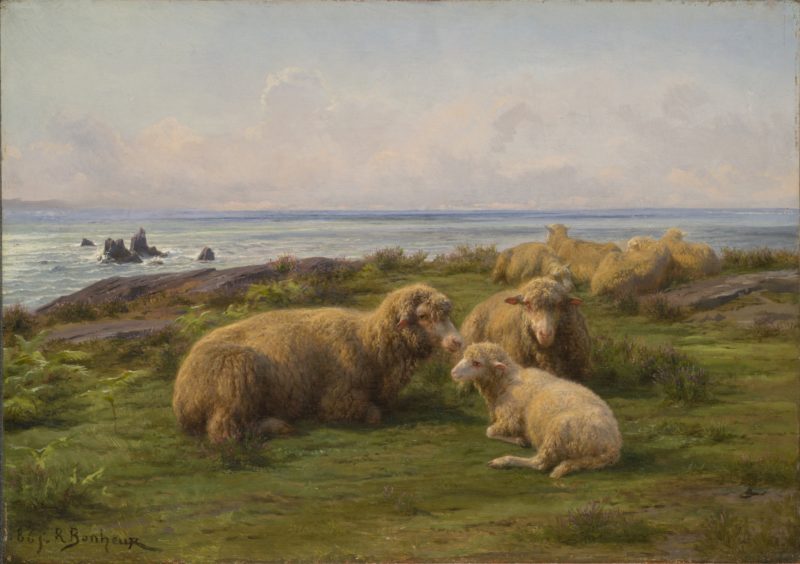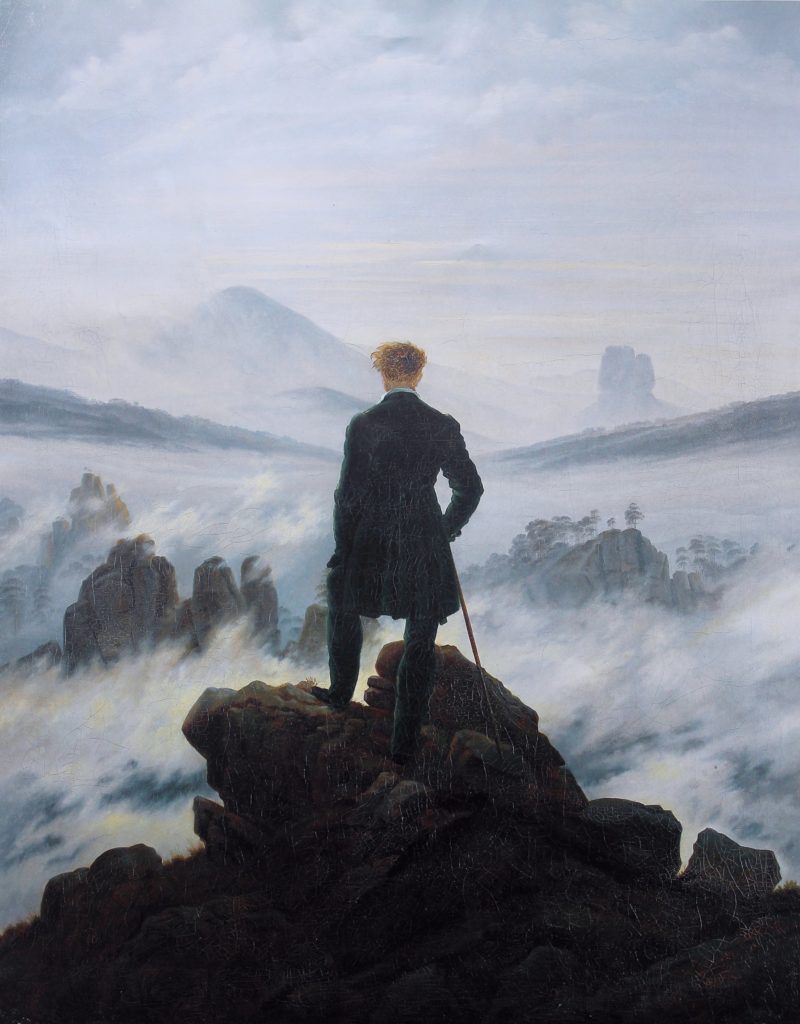That perhaps is why people are so ready with the charge of ‘escape’. I never fully understood it till my friend Professor Tolkien asked me the very simple question, ‘What class of men would you expect to be most preoccupied with, and most hostile to, the idea of escape?’ and gave the obvious answer: jailers.
The charge of Fascism is, to be sure, mere mud-flinging. Fascists, as well as Communists, are jailers; both would assure us that the proper study of prisoners is prison. But there is perhaps this truth behind it: that those who brood much on the remote paste or future, or stare long at the night sky, are less likely than others to be ardent or orthodox partisans.
C.S. Lewis, Other Worlds (1975), 67.
Author: Burrows
-
The Prison of the Present Moment
-

How to Frighten A Child
Those who say that children must not be frightened may mean two things. They may mean (1) that we must not do anything likely to give the child those haunting, disabling, pathological fears against which ordinary courage is helpless: in fact, phobias. His mind must, if possible, be kept clear of things he can’t bear to think of. Or they may mean (2) that we must try to keep out of his mind the knowledge that he is born into a world of death, violence, wounds, adventure, heroism and cowardice, good and evil.
If they mean the first I agree with them: but not if they mean the second. The second would indeed be to give children a false impression and feed them on escapism in the bad sense.
There is something ludicrous in the idea of so educating a generation which is born to the Ogpu and the atomic bomb. Since it is so likely that they will meet cruel enemies, let them at least have heard of brave knights and heroic courage. Otherwise you are making their destiny not brighter but darker. Nor do most of us find that violence and bloodshed, in a story, produce any haunting dread in the minds of children. As far as that goes, I side impenitently with the human race against the modern reformer.
Let there be wicked kings and beheadings, battles and dungeons, giants and dragons, and let villains be soundly killed at the end of the book.
C.S. Lewis, Other Worlds (1975), 30–31. -
The Spiritual Discipline of Fairy Tales
I do not mean that school stories for boys and girls ought not to be written. I am only saying that they are far more liable to become ‘fantasies’ in the clinical sense than fantastic stories are. And this distinction holds for adult reading too. The dangerous fantasy is always superficially realistic. The real victim of wishful reverie does not batten on the Odyssey, The Tempest, or The Worm Ouroboros: he (or she) prefers stories about millionaires, irresistible beauties, posh hotels, palm beaches and bedroom scenes—things that really might happen, that ought to happen, that would have happened if the reader had had a fair chance. For, as I say, there are two kinds of longing. The one is an askesis, a spiritual exercise, and the other a disease.
C.S. Lewis, Other Worlds (1975), 30.


